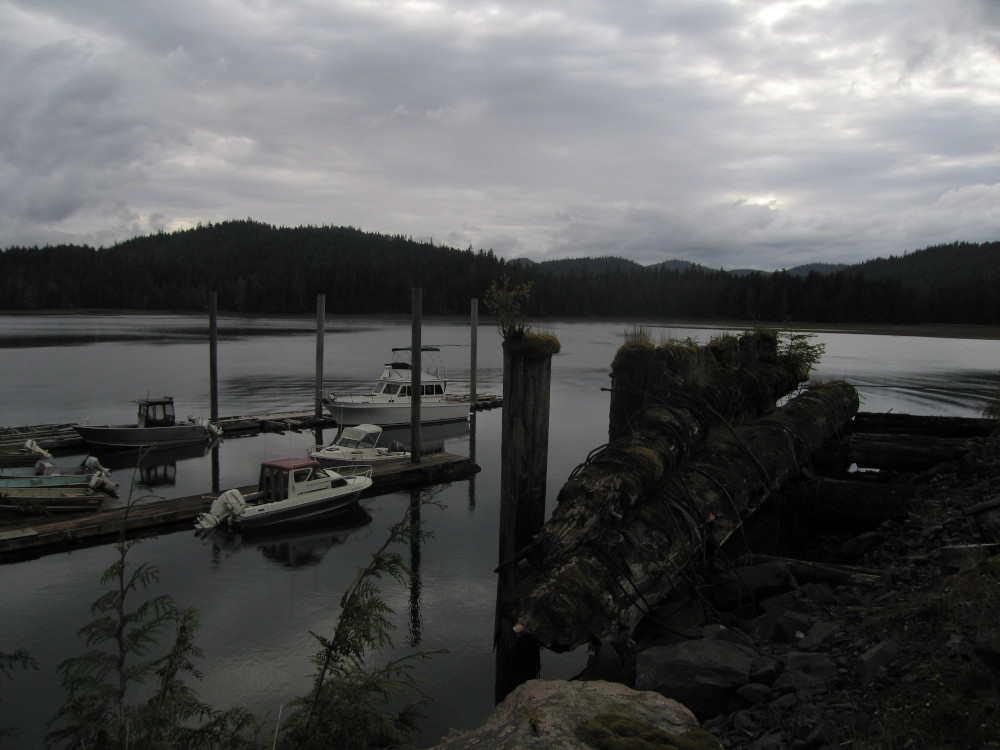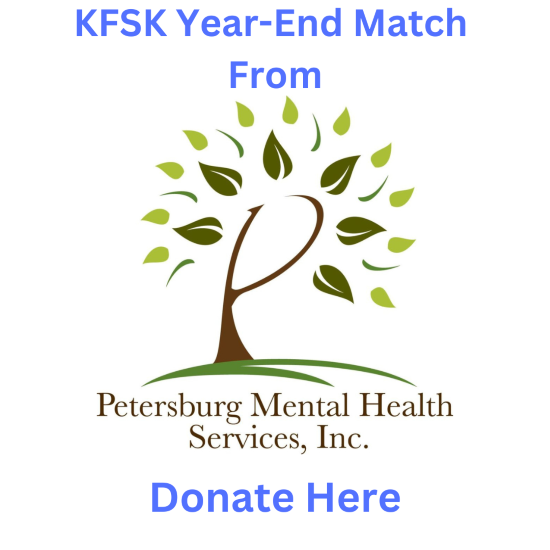
The board of a regional hatchery non-profit voted this month to end a program for summer coho salmon in Neck Lake on northeastern Prince of Wales Island in Southeast Alaska. Those early season silver salmon have seen poor returns in recent years.
The summer coho returning to the Whale Pass area on Prince of Wales Island are sometimes compared to sockeye salmon, with their run timing and lake spawning. The Ketchikan-based Southern Southeast Regional Aquaculture Association, or SSRAA, started the program to make money for its other operations, called cost recovery. Some years have seen a bumper crop of those fish, filling commercial nets marketed as Snow Pass coho and providing opportunity for sport anglers as well.
Board member Chris Guggenbickler of Wrangell explained the discussion by SSRAA’s production committee and noted the board has already voted to reduce releases to of the young summer coho to 600,000 fish.
“We’ve all known that we’ve had issues with the lake and parasites and poor survivals here,” Guggenbickler said. “There was 1.2 million summer cohos which had one time been a successful cost recovery program for SSRAA.”
Returns for those fish once numbered in the tens of thousands but are now a fraction of that. The board has discussed reducing or suspending the program to see if leaving the lake free of those fish for a couple years solves problems with disease. Now faced with poor returns across its programs, SSRAA’s board is looking to cut costs or find other ways to shore up its budget.
SSRAA’s production committee recommended reducing the Neck Lake program for all summer and fall coho but raising the summer fish for two years at another site and revisiting that brood stock in two years. Some 1.2 million fall cohos are reared in Neck Lake but released at other SSRAA facilities. The move is expected to save about 260,000 dollars the first year and 300,000 dollars in the second.
Several commercial fishermen on the board spoke of benefitting from the summer run at Whale Pass when returns were stronger. But board member Mike Painter of Ketchikan said commercial fishing effort has moved on from those fish.
“You know the gillnetters going to the bigger net mesh size to target chum, I think it’s all been said in the past,” Painter said. “In addition to the parasitic problems we’ve had with the lake, we’ve got to trim things down and be a little bit tighter on things. It’s not going to make some people happy in the Whale Pass area but it kind of is what it is.”
Another board member, Russell Thomas of Ketchikan voted against the recommendation in committee.
“I felt like this is going to have a big impact on sport fishermen over there and that is who I’m representing on the board so I wanted to at least raise that concern,” he explained. “As an organization I think this is a good move and we’re in real financial difficulty right now so I’m going to support it today, understanding that it will have a big impact on the sport fishermen but also understanding that this organization is paid for by taxes paid by commercial fishermen and so we have to make sure the organization stays healthy.”
The board passed the committee’s recommendation unanimously but then revisited what to do with the summer coho broodstock. Some board members wanted to move on from a program that they describe as no longer working and not helping the hatchery association financially.
“While it’s been a successful program in the past, there’s just too many red flags with this program right now to see it being viable going into the future,” said board member Brennon Eagle of Wrangell.
And SSRAA’s production manager Bill Gass explained the lake could be used for rearing again if the board wanted to in future years.
“Killing the summer broodstock does not necessarily kill any rearing that may or may not happen in the future in Neck Lake,” Gass said. “And as far as any remedial costs that may come down the pike, those could be postponed, I don’t want to say indefinitely but, it’s a $7000 a year lease to keep our footprint there to leave the options open, to hang onto the permits.”
Ultimately the board approved another motion to discontinue the summer broodstock program for Neck Lake to be replaced with fall coho production elsewhere in the SSRAA system. That vote was not unanimous, but passed 17-2.











